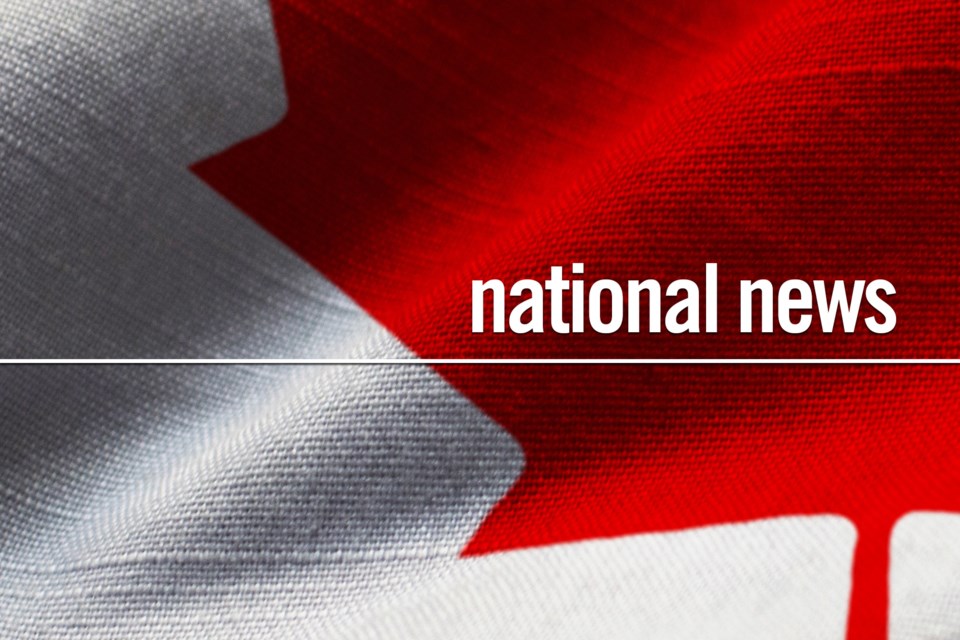OTTAWA — The federal government says technical difficulties that thwarted some Canadians' efforts to apply for new financial supports on Monday have been solved.
The Canada Revenue Agency reported the issues hours after applications for the benefits — meant for those who have missed work due to the COVID-19 pandemic — opened.
The agency says it regrets any impact this may have had on would-be applicants.
The new benefits come into effect as concerns rise about increasing job losses, with Ontario and Quebec imposing targeted restrictions on restaurants, bars and fitness centres to slow the spread of COVID-19.
Applications for the new Canada Recovery Benefit, which will pay $500 per week for up to 26 weeks, can be made through the Canada Revenue Agency.
A new caregiver benefit also comes into effect today, after numerous calls since the start of the pandemic for added support for parents and others who are forced to miss work to care for a dependent due to COVID-19.
Women have seen a disproportionate impact on their careers and earnings because of the pandemic because they have largely shouldered the burden of child care and home schooling.
The caregiver benefit applies to people who miss work because of school or daycare closures, and whose children who miss school or daycare because they have contracted the virus or may have been exposed.
It also applies to people forced to miss work to care for family members who need specialized care that is unavailable to them due to COVID-19.
The federal government anticipates 700,000 Canadians will apply for the caregiver benefit.
The government is also creating a new sick-leave benefit that pays up to $1,000 over two weeks to people who can’t work because they contracted COVID-19 or must self-isolate because of the virus.
The multibillion-dollar suite of new benefits takes effect following an acrimonious political battle in Parliament that ultimately saw all parties vote in favour of them, but not before the airing of widespread concern that the Liberal government was rushing them through.
This report by The Canadian Press was first published Oct. 12, 2020.
The Canadian Press



